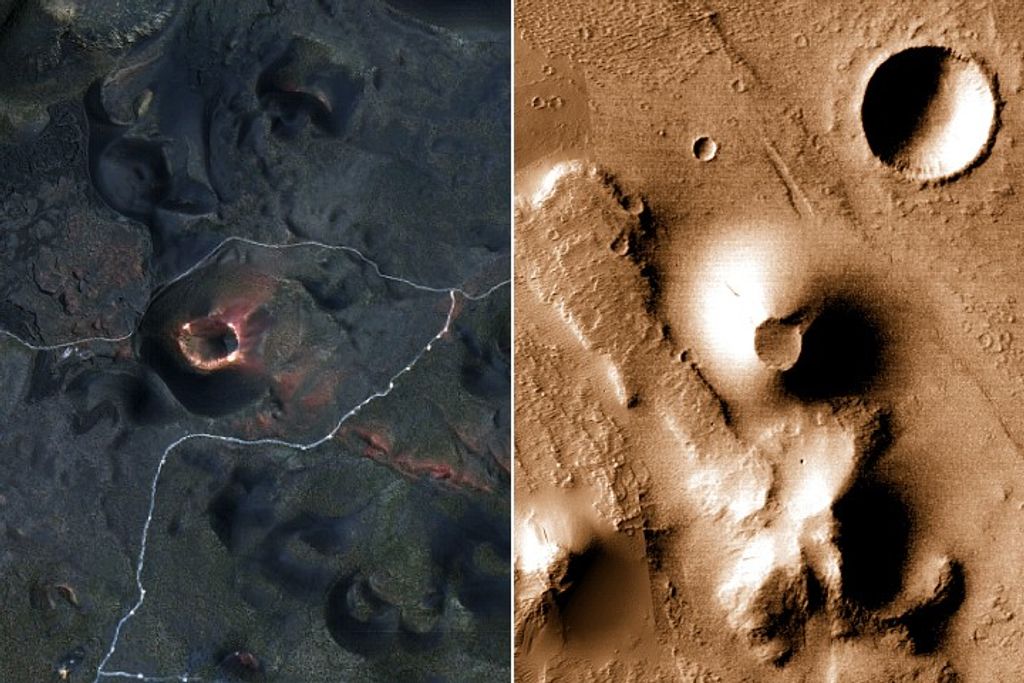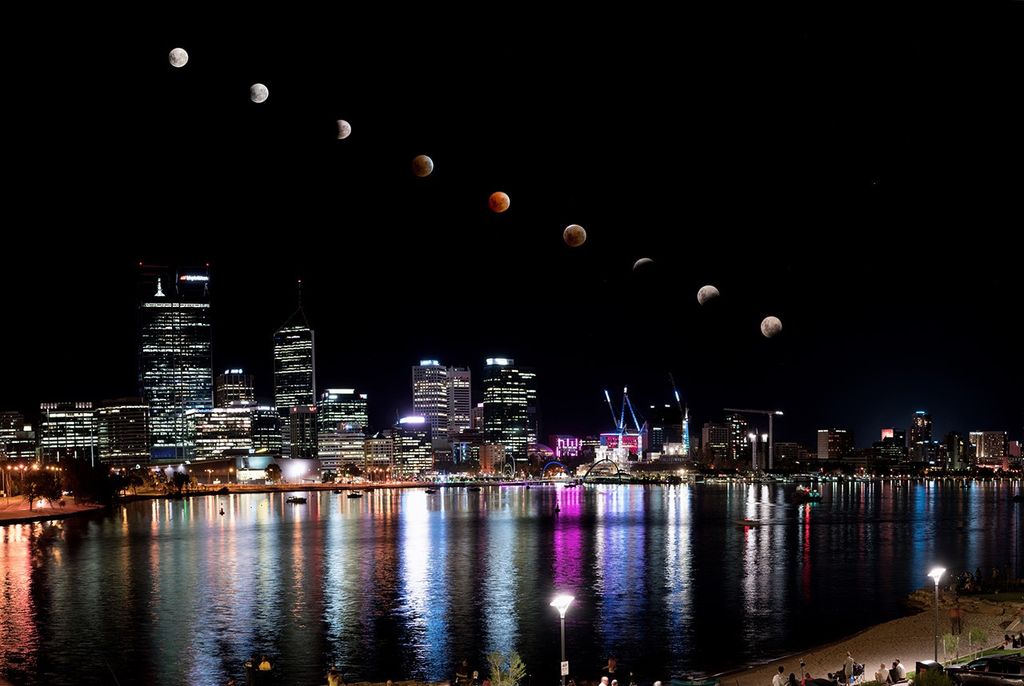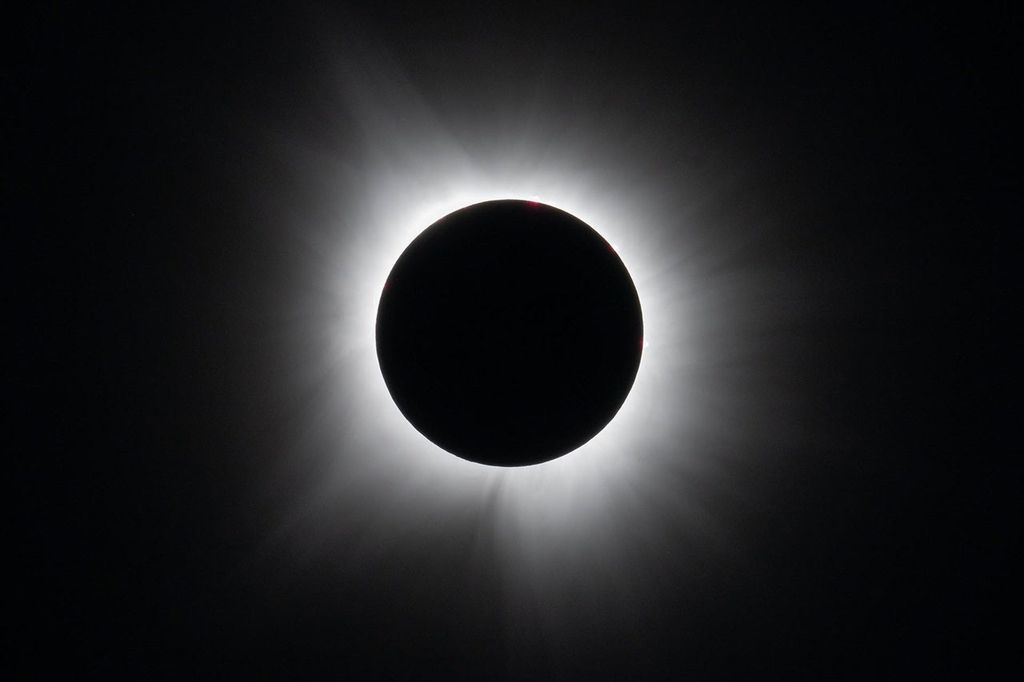Colorful Impact
| Credit | NASA/JPL-Caltech/JHU-APL/University of Arizona |
|---|---|
| Language |
|
Some regions of Mars are not very colorful, but we can be surprised by local features. This image of an impact crater in the south Syrtis Major region was acquired as a "ride-along" with a CRISM observation, which targeted this location because that instrument's team expected a distinct composition.
Our enhanced image reveals colors ranging from red to green to blue. These are infra-red shifted colors (infrared-red-blue) so it's different than what we would see with our eyes.
The map is projected here at a scale of 50 centimeters (19.7 inches) per pixel. [The original image scale is 53.3 centimeters (21.0 inches) per pixel (with 2 x 2 binning); objects on the order of 160 centimeters (63.0 inches) across are resolved.] North is up.
The University of Arizona, Tucson, operates HiRISE, which was built by Ball Aerospace & Technologies Corp., Boulder, Colorado. NASA's Jet Propulsion Laboratory, a division of Caltech in Pasadena, California, manages the Mars Reconnaissance Orbiter Project for NASA's Science Mission Directorate, Washington.




























